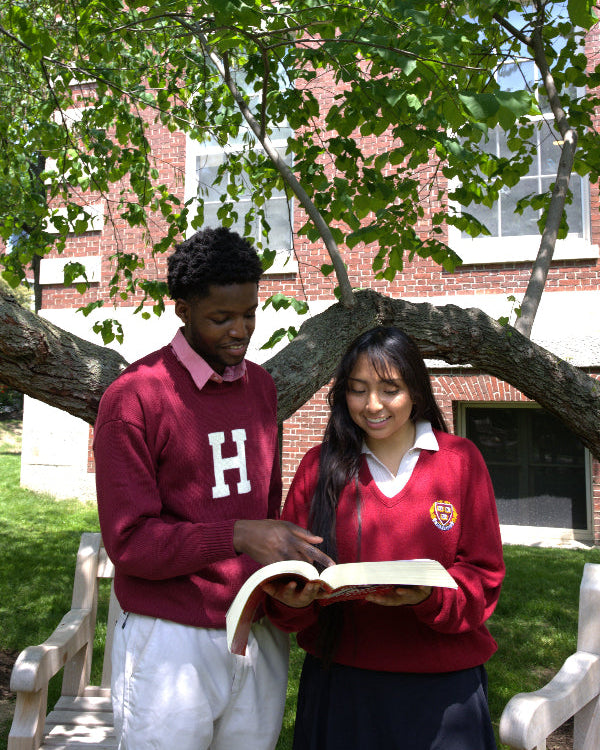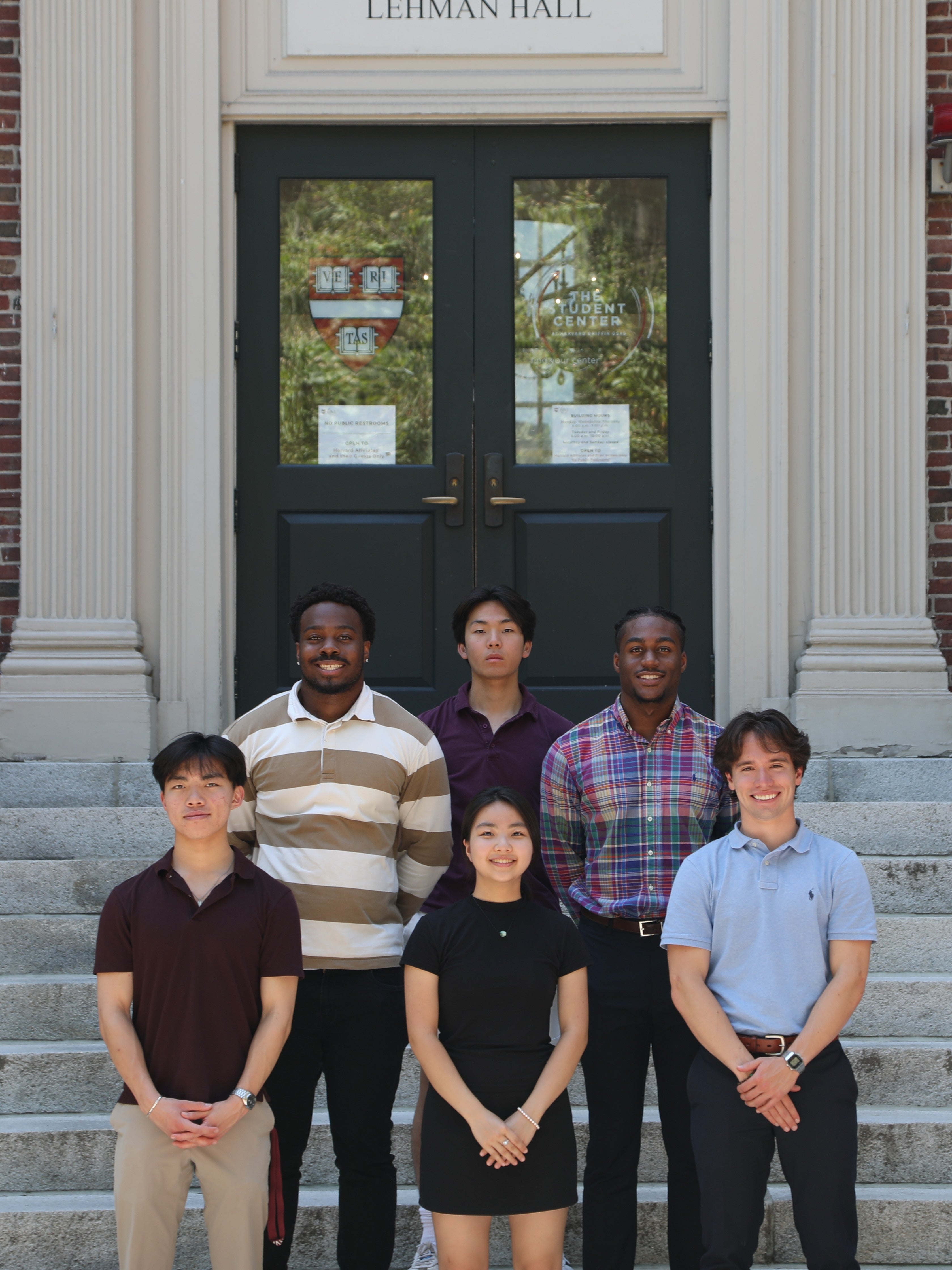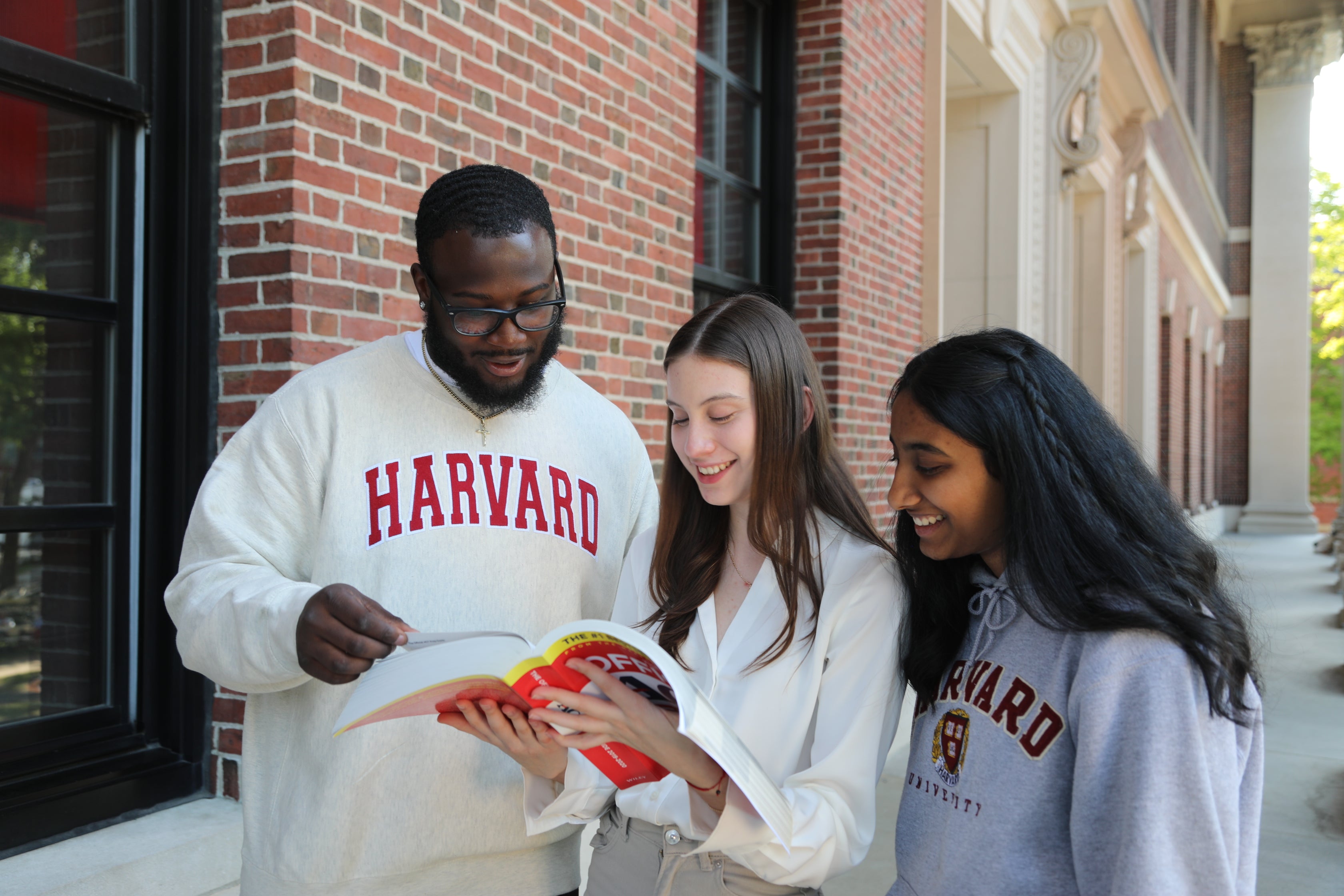LAW
From Cannabis to Cocaine: Why the United Kingdom Should Legalise, Not Decriminalise All Drugs
Kalina A. Hagen
Published: 21 June 2022 | Download
Student's Published Works
Abstract
Decriminalisation of illicit drug use has proven to be an ineffective measure at reducing, or even controlling, drug use. Sources value the underground drug trade at approximately £236 billion globally. This study posits a somewhat controversial set of arguments for legalisation – not just decriminalisation – of all currently illicit drugs. Using the examples of Charlie – a victim of a county lines drug gang, as well as general connections of drug syndicates to human and organ trafficking, weapons trade, and sex trafficking, this academic writing brings forth the inability of the legal system to contain the addictive use of drugs and the foregone benefits of legalizing any and all illicit drugs.
Keywords: Drugs, decriminalisation, legalisation
Introduction:
In recent years, two concepts have come to the global forefront of drug policy and legislation: decriminalisation and legalisation. Decriminalisation is defined as the act of reducing or removing the criminal status of an illegal action (Dalgarno, Rawe, Hammersley, 2018). Under decriminalisation, illicit substances would remain illegal, whereas the act of taking or even possessing these substances would not result in a criminal penalty. Legalisation, on the other hand, is defined as the action of making something permissible under the law. Under legalisation, the sale of, production of, possession of and use of currently illicit substances would be entirely legal. At the time of writing, while several countries and states such as Portugal, Colorado, and the Netherlands have significantly decriminalised many or all illicit substances, no countries have legalised all illicit substances for recreational use (Godlee, 2018). The United Kingdom is facing a drug crisis (Loewenstein, 2020). In 2020 alone, there were just under 3000 reported deaths related to drug misuse (Office for National Statistics, 2021). A multitude of evidence demonstrates that the best approach to combat the drug crisis is the complete legalisation of any and all drugs for any use, including recreational use (Godlee, 2018). Furthermore, the prohibition and criminalisation of drugs put vulnerable people, particularly young women of colour, at risk of trafficking and sexual abuse (Taylor, 2021). Decriminalisation does not in fact protect these vulnerable members of society, nor is it effective in harm reduction (Godlee, 2018). Thus, it must be argued that the complete legalisation of all drugs is the only solution to the current drug crisis.
Materials and Methods:
Significant research was conducted to investigate the downsides of criminalising – or even decriminalising – illicit substances. Secondary research was undertaken to assimilate various results of studies on drug use across countries, as well as their effect on vulnerable sections of society.
Discussion and Results:
County Lines
Because popular drugs are illegal, the industry is forced underground where it is unregulated and exploits vulnerable people. The illegal drug trade is one of the largest industries in the world, worth up to £236 billion worldwide (Godlee, 2018). This trade is controlled by criminal networks and the government collects no tax revenue (Taylor, 2021). Because the industry itself is beyond regulation, the sale and use of drugs become infinitely more dangerous. Global networks used for drug trafficking are regularly used for weapons, organ trafficking, and human trafficking (Godlee, 2018). Vulnerable people are regularly exploited to move drugs around the UK, and they are scared to go to the police for help because what they are doing is illegal. County line exploitation is just one such example (The Children’s Society). Criminals befriend vulnerable children, often those who feel isolated from their communities. They then manipulated them into drug dealing. According to The Children’s Society, children as young as seven can be targeted for these operations. In fact, in 2020, over 27 000 young people were involved in county lines gangs (The Children’s Society). According to the Local Government Association, exploitation by a county lines gang puts children at a greater risk of gun crime, knife crime, robbery, and homicides. Although these children are victims of exploitation, the criminal label associated with illegal drugs means that the legal system continues to fail them. One such example of this failure is Charlie, who was featured in a Guardian article in 2019.
Charlie’s case
In 2017, Charlie, a teenager with a learning disability, was convicted for having a knife and supplying class A drugs. He pleaded guilty and served an 18-month prison sentence, despite his learning disability (Mohdin, 2019). The fact that Charlie had been exploited by a county lines gang was not taken into consideration when passing the sentence. According to Charlie’s mother, Vicky, she found threatening messages from the police on his phone, and Charlie didn’t understand what prison really meant (Mohdin, 2019). Although these laws put Charlie in prison, ‘traumatising him for life’ (Mohdin, 2019), they are there to in fact protect young people like him by limiting their access to drugs. Clearly, they do the opposite. Criminalising drugs means that anyone found to be in possession of them is automatically seen as a criminal under the law, rather than a possible victim of exploitation (Dalgarno et al., 2018). Research shows that the only way to ensure that victims are kept safe is to remove the threat of a criminal charge, something that is impossible to do unless all drugs are decriminalised and legalised (Godlee, 2018).
Prohibition of drugs
Prohibition of any substance has been shown to be largely ineffective. People have been taking drugs for ‘at least 10,000 years’, regardless of legality (Daws, 103) The word ‘prohibition’ is generally associated with 1920s America when alcohol was prohibited. Most historians, as well as laymen, agree that the Prohibition era did not in fact significantly reduce alcohol consumption or domestic violence- in fact, violent crime increased as the mafia gained power, profiting off of illegal alcohol sales (Sandbrook, 2012). Taking away a legal avenue for supply does not reduce demand. Instead, it pushes the supply into the unregulated black market (Sandbrook, 2012). Now, when asked if we should prohibit alcohol, nicotine, or caffeine, most people will vehemently disagree: ‘just because you make something illegal doesn’t mean people won’t use it.’ The majority of the population consumes at least one of these substances on a daily or weekly basis (Drugwise). Alcohol and nicotine are the third and fourth most addictive substances, respectively (Drugwise). They are both more addictive than methamphetamine, which is a Class A drug. Class A drugs are those considered by Parliament to be the most harmful, and they include heroin, meth, cocaine, ecstasy, mushrooms, and crystal meth (Release.org.uk). According to Chris Daw QC, the entire system of drug classification in the UK is illogical. ‘Ecstasy, widely regarded as one of the least inherently damaging and addictive drugs… is in Class A; whereas amphetamine, whose effects are arguably much worse, is in Class B’ (Daws, 131). He goes on to argue that if prohibition really did work in reducing drug consumption, it would have by now. In 2020, British customs officers made a total of 183 068 drug seizures (Drugwise). Drugs remain illegal, but they are still entering the UK and being used. Simply put, the prohibition of drugs is a dangerous, illogical system that doesn’t reduce drug consumption, and puts vulnerable people at risk. There is no way to stop people from taking drugs, but we can regulate them and make them safer (Daws).
Decriminalisation
Decriminalisation is simply put, not enough. When drugs are decriminalised, the state fails to take into account the fact that drugs are more than just the substances themselves: they are an industry (Oliveria et al., 2021). Someone needs to farm the plants, process them, ship them, smuggle them into the country, package them, move them and distribute them. By decriminalising drugs, one generally does not decriminalise the possession or manufacture of drugs, only the use of them (Daws). This is of course a good system for helping addicts- but it is not preventative. Drugs are neither legal nor illegal, they exist in a state of flux that ‘can only really exist with the goodwill of law enforcement services, something that can, hypothetically at least, disappear over time’ (Dalgarno, et al., 2018). Furthermore, the quality and purity of the drug cannot be regulated until its production, sale, possession and use are regulated. This would drastically reduce the public health issue of drug abuse (Daws). Many cite Portugal as a bastion of drug decriminalisation. However, the sale and manufacture of the drugs themselves remain illegal, causing public health to remain ‘frustrated that harm reduction and treatment facilities remain limited and drug injectors continue to live and inject in squalid conditions. While drug supply itself remains illegal the industry cannot be taxed or regulated’ (Oliveira et al., 2021).
Conclusion:
Thus, to conclude, the best solution to any drug crisis, such as the one being faced in the United Kingdom, is to completely decriminalise and legalise all drugs, from cannabis to cocaine. This would not only make drugs safer, curbing a public health crisis, but it would reduce the social ostracisation so many vulnerable, exploited people face. People will always want to get high. They should be able to do it safely and legally- not at the expense of thousands of victims.
References:
Phil Dalgarno, Steve O’Rawe, Richard Hammersley. “Illegal drugs in the UK: Is it time for considered legalisation to improve public health?”. Drug Science, Policy and Law, SAGE journals. 2018.
Antony Loewenstein. “Legalisation is the only effective way of tackling Britain’s deepening drugs crisis.” The Guardian, https://www.theguardian.com/commentisfree/2020/feb/05/britain-drugs-crisis-labour-legalisation.
“Should drugs be legalised?” Drug Wise, https://www.drugwise.org.uk/should-drugs-be-legalised/.
GP Taylor. “The war on drugs has failed and the UK should legalise.” The Yorkshire Post, https://www.yorkshirepost.co.uk/news/opinion/columnists/the-war-on-drugs-has-failed-and-the-uk-should-legalise-gp-taylor-3460811.
Godlee, Fiona. “Drugs should be legalised, regulated, and taxed.” The British Medical Journal, vol. 361, 2018.
RÊGO, X., OLIVEIRA, M.J., LAMEIRA, C. et al. 20 years of Portuguese drug policy - developments, challenges and the quest for human rights. Subst Abuse Treat Prev Policy 16, 59 (2021). https://doi.org/10.1186/s13011-021-00394-7.
The Office for National Statistics. https://www.ons.gov.uk/peoplepopulationandcommunity/birthsdeathsandmarriages/deaths/datasets/deathsrelatedtodrugpoisoningenglandandwalesreferencetable.
Office for Editorial Staff. “5 Most Addictive Drugs.” American Addiction Centers, 2022.
“Controlled Drug Classes.” Release.org, https://www.release.org.uk/law/classes#:~:text=Class%20A%20drugs%20are%20considered,mushrooms%20and%20'crystal%20meth'.
“What is county lines?” The Children’s Society. https://www.childrenssociety.org.uk/what-we-do/our-work/child-criminal-exploitation-and-county-lines/what-is-county-lines#:~:text=County%20lines%20is%20a%20form,towns%20outside%20their%20home%20county
Local Government Association. “LGA: More girls being recruited and horrifically abused by county lines drug gangs.” 2021. https://www.local.gov.uk/about/news/lga-more-girls-being-recruited-and-horrifically-abused-county-lines-drug-gangs
Mohdin, Aamna. “‘I thought I was guilty’: how the law can fail county lines victims. The Guardian, 2019. https://www.theguardian.com/uk-news/2019/sep/17/law-county-lines-victims.
Sandbrook, Dominic. “How Prohibition Backfired and Gave America an Era of Gangsters and Speakeasies.” The Guardian, Guardian News and Media, 25 Aug. 2012, https://www.theguardian.com/film/2012/aug/26/lawless-prohibition-gangsters-speakeasies.





